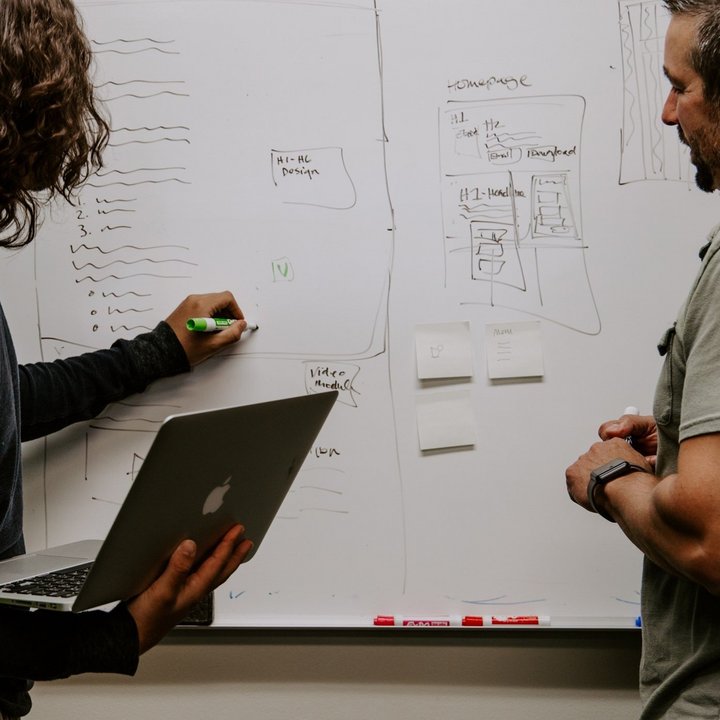Forschung
Unser Institut verfolgt einen umfassenden Ansatz zur Gestaltung der Digitalisierung in Unternehmen. Wir sind eines der führenden Institute für Wirtschaftsinformatik in Europa und verfolgen hochrelevante Themen von der Grundlagen- bis zur angewandten Forschung. International sind wir in Forschung und Praxis ausgezeichnet vernetzt und in internationalen Rankings stark vertreten. Veröffentlichungen in renommierten Publikationen bestätigen unseren Erfolg auf höchstem internationalem Niveau.
